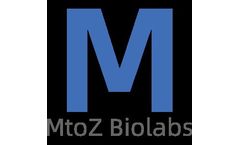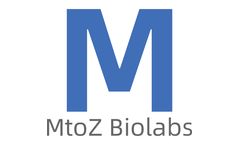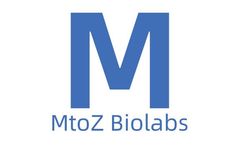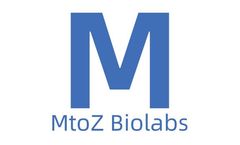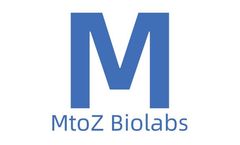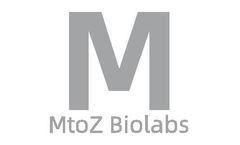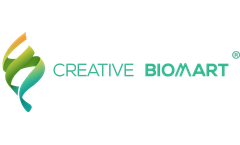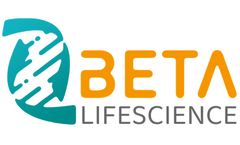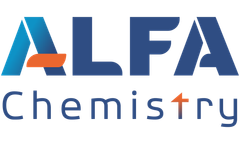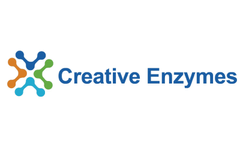Regulators Of Immunity Articles & Analysis: Older
28 articles found
At present, recombinant protein drugs are widely used in various fields such as tumors, autoimmune diseases, metabolic diseases, geriatric diseases, and degenerative diseases.FcyR (Fc gamma receptors) are receptors expressed on the surface of immune cells, primarily responsible for recognizing and binding to the Fc (Fragment crystallizable region) part of antibodies. ...
Antibody drugs have shown remarkable therapeutic effects in the treatment of various diseases, such as cancer, autoimmune diseases, inflammatory diseases, immune regulation, and ophthalmic diseases.In the production process of antibody drugs, the culture medium plays a very important role. ...
Cytokines are a diverse group of small protein molecules that play crucial roles in the immune system and various biological processes. They are synthesized and secreted by a range of immune cells, including monocytes, macrophages, T cells, B cells, and natural killer (NK) cells, as well as certain non-immune cells like endothelial cells, ...
Antibody drugs have shown significant therapeutic effects in the treatment of various diseases such as cancer, autoimmune diseases, inflammatory diseases, immune regulation and ophthalmic diseases.Analytical Ultracentrifugation (AUC) technology has a wide range of applications in the research and development of antibody drugs. ...
Under normal conditions, they participate in intercellular communication, regulation of immune responses and embryonic development. In pathological states, changes in sialic acid proteins are associated with the development of various diseases, such as cancer, infectious diseases and autoimmune diseases. ...
They play an important role in many biological processes such as signal transduction, cell communication, immune response, hormone secretion, and so on. These proteins are usually synthesized in the endoplasmic reticulum (ER) of the cell and then transported out of the cell through a series of biosynthesis and transport processes. Secretome, the scientific field that studies the ...
Immune receptors, which are protein molecules expressed on the membrane of immune cells, play a key role in regulating immune responses. ...
To ensure the effectiveness and safety of these antibody drugs, it is necessary to perform activity testing.Definition of Antibody ActivityThe activity of an antibody drug usually refers to its ability to bind to the target antigen and how it affects the target in a biological function, such as neutralizing viruses, killing tumor cells, or regulating immune ...
Treg cells are a subset of T cells that regulate a variety of immune functions, including natural Treg cells and induced Treg cells. Their main function is to suppress the activation of other effector T cells, induce immune tolerance and exert immunomodulatory effects. Treg cells secrete IL-10 and transforming growth factor-ß (TGF-ß), ...
Introduction of TSH The Thyroid-Stimulating Hormone (TSH) protein is a crucial player in the regulation of thyroid function. In this blog post, we will explore the structure, function, and significance of TSH in maintaining a healthy thyroid. ...
Their primary roles include: Immune Regulation: Cytokines orchestrate the complex interplay of immune cells during infection, inflammation, and tissue repair. ...
This orchestrated strategy affects various dimensions of the immune response. Given its multifaceted contribution to tumor advancement as an emerging immune checkpoint, CD73 stands out as a promising target for cancer treatment. ...
They often interact with other signaling molecules and receptors to regulate cellular activities. Inflammation and Immune Responses: Some Ig-superfamily CADMs are involved in inflammatory responses, guiding leukocytes (white blood cells) to sites of inflammation or injury. ...
In addition, it aids in the development of regulatory T cells (Tregs), thereby producing peripheral T cell immune tolerance, as well as regulating the proliferation and differentiation of activated T cells. ...
Its effects include lowering serum cholesterol, fighting cancer and regulating immunity. 1.4 Glycoside This is a combination of sugar and phenolics or flavonoids. ...
The balance of these microorganisms plays a vital role in regulating the immune system, maintaining gut health, and influencing mental health. ...
The origin of the autoimmune response is not known, but thymic abnormalities and defective regulation of the immune system certainly play a major role in patients with anti-AChR antibodies. ...
These genetic abnormalities generate abnormal proteins that have not been previously seen by the patient’s immune system which, in turn, activates antitumor immune responses that control tumor initiation and progression. ...
These approaches are based on down-regulating or up-regulating immune responses for the treatment of inflammatory disease and cancer respectively, through judicious choice of epitopes, adjuvants and mode of the display to the immune system. ...
. * Whole transcriptome analysis: genes related to proliferation were up-regulated and genes related to the regulation of immune system processes (e.g., MUC1, MUC5B), inflammatory response-related genes (e.g., IL1LR1, GPX4, ADCY5) and extracellular matrix tissue-related genes (LAMB3, MMP1) were down-regulated, suggesting that ...

